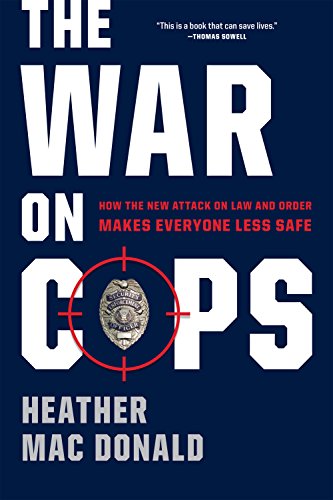Lest people think that 2020 was only about Covid-19, lockdowns, and economic disaster, don’t forget about the protests, riots, and escalating exhibits of rage.
The triggering event was the death of George Floyd. He was killed during an arrest on May 25th in Minneapolis, Minnesota. The entire thing was caught on video. It had all the potential to be a turning point with regard to police brutality and race – the nation was riveted and outraged.
But then, as often occurs, the protests were co-opted. Extremists took over, extremists on the other side took umbrage, and Mr. Floyd became a footnote.
2020 devolved into ongoing violence in American streets that most of us haven’t seen in our lifetimes. Distinct sides were chosen, lines were drawn, and those who saw the middle ground were quickly shouted down while America burned.
May
Minneapolis immediately erupted into violent riots that turned deadly.
Rioters set the police station on fire.
Within a week of Mr. Floyd’s death, demonstrations had spread to 30 cities across the United States, many turning from peaceful protests to riots.
Riots in Denver:
Seattle was the site of particularly destructive and violent riots.
In fact, protestors took over a six-block area in the Capitol Hill area of Seattle, driving out police and maintaining their presence there for months. They even strategically changed the name of the area to make it part of a bigger movement.
June
The National Guard was deployed to cities across the country in an attempt to quell the violence.
Seattle:
Atlanta:
Los Angeles and Hollywood:
In this article, a National Guardsman shared a personal account of what was really going on during the Seattle riots.
July
In July, police and rioters in cities across the country were engaged in violent clashes.
Federal police squared off with rioters in Portland.
August
On August 23, fuel was added to the raging inferno when Jacob Blake was shot and killed by police in Kenosha, Wisconsin. At this point, the facts of the shootings were no longer relevant – any police violence against a black suspect was going to result in riots.
By that evening, Kenosha was on fire.
The destruction of Kenosha, a moderate-sized town, was shocking.
Looting and rioting broke out in Chicago after another police shooting and the “Magnificent Mile” was trashed by angry mobs.
It got so bad that Chicago Mayor Lori Lightfoot ordered the drawbridges raised.
Interestingly, activists attempted to justify the looting as “reparations.”
September
By September 1st, riots occurred for the 95th consecutive day in Portland.
Violence also erupted in Louisville, Kentucky when the Grand Jury declined to charge the officers accused of killing Breonna Taylor, a local paramedic, with homicide.
These protests also spread across the nation.
Some of those arrested in the New York City riots were entitled kids from wealthy families who were “enacting their revolutionary strategy.”.
October
In October, Walter Wallace was shot sixteen times by Philadelphia police during a mental health call after he refused to drop a knife.
Looting soon followed the rioting.
November
 The War on Cops: How t...
Best Price: $16.73
Buy New $16.61
(as of 05:30 UTC - Details)
While America braced itself for riots based on the outcome of the hotly contested US presidential election, these fears did not come to fruition. In fact, the violence has slowed down since the outcome (which is still being argued by attorneys for President Trump.)
The War on Cops: How t...
Best Price: $16.73
Buy New $16.61
(as of 05:30 UTC - Details)
While America braced itself for riots based on the outcome of the hotly contested US presidential election, these fears did not come to fruition. In fact, the violence has slowed down since the outcome (which is still being argued by attorneys for President Trump.)
Did police shootings suddenly cease? Did racially-motivated violence end? Did the justice system radically evolve? Did everyone finally agree and settle their differences amicably?
It’s almost enough to make a person ask questions about the widespread violence from May through October.
Reprinted with permission from The Organic Prepper.




